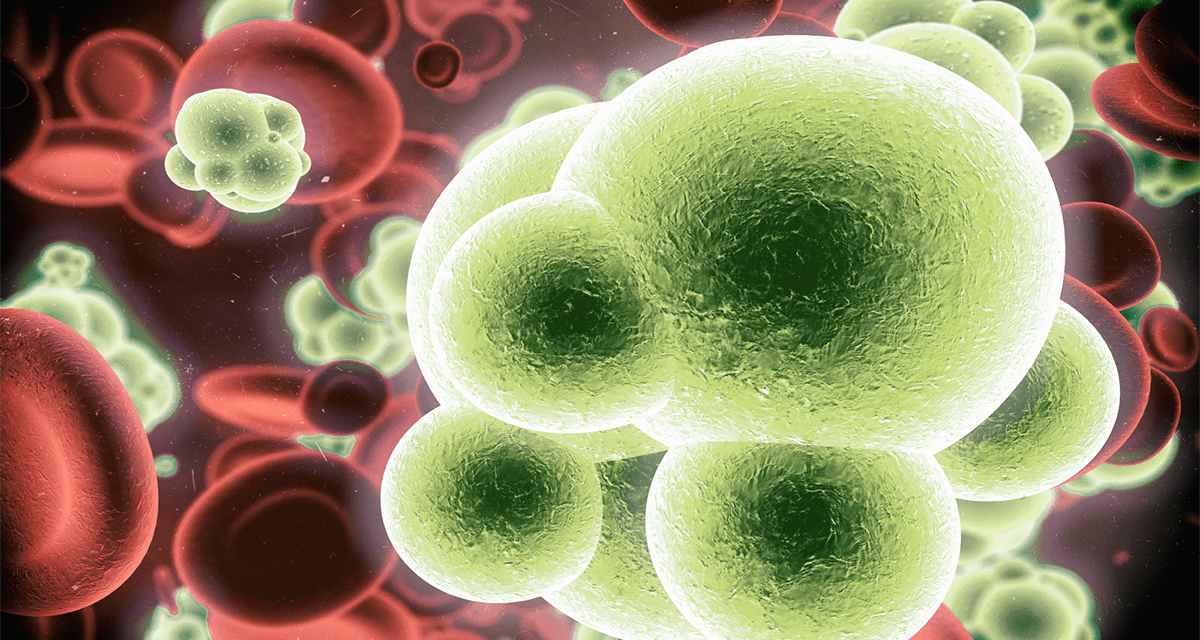We examined human papillomavirus (HPV) vaccine effectiveness in a nationwide sample of women aged 16 to 25 years who utilized the public health system in Brazil. This was a cross-sectional, multicentric survey conducted between September 2016 and November 2017 (POP-Brazil Study). A total of 5,945 young adult women were recruited from 119 public primary care units from all 27 federative units of Brazil by trained health professionals. The participants participated in a face-to-face interview and provided biological samples for genital HPV analysis. HPV genotyping was performed using a Linear Array HPV genotyping test in a central laboratory. Sampling weights were applied to the data. Overall, 11.92% (95% CI 10.65, 13.20) of the participants reported having been vaccinated. The frequency of vaccination was highest in 16- to 17-year-old women, with a decreasing vaccination rate with increasing age, and vaccinated women were more likely to belong to the high socioeconomic status group. The use of a quadrivalent vaccine decreased the HPV types 6, 11, 16, and 18 by 56.78%, from 15.64% in unvaccinated women to 6.76% in vaccinated women (P < 0.01), even after adjustment for age. Those who received the vaccine had lower HPV 16 (2.34% in vaccinated vs 8.91% in unvaccinated, P < 0.01) and 6 rates (2.06% vs 5.77%, P < 0.01). Additionally, a higher rate of high-risk HPV types other than HPV 16 and 18 (40.47% in vaccinated vs 32.63% in unvaccinated, P < 0.01) was observed. In conclusion, the results of this study support the effectiveness of HPV vaccination in Brazil. Continuous surveillance must be assured to monitor the HPV infection rate in the vaccination era.Copyright © 2021 The Author(s). Published by Elsevier Ltd.. All rights reserved.
Effectiveness of a universal vaccination program with an HPV quadrivalent vaccine in young Brazilian women.


